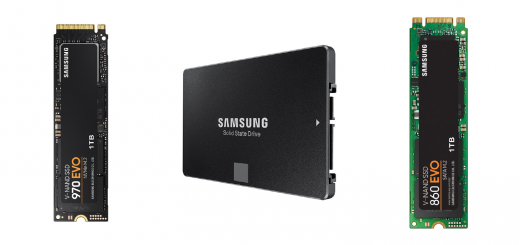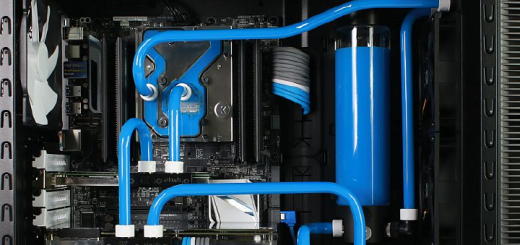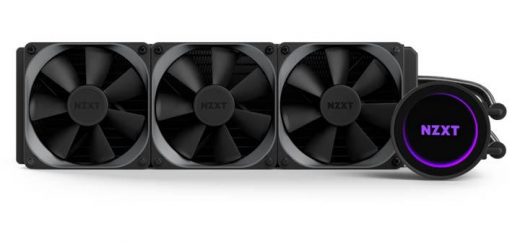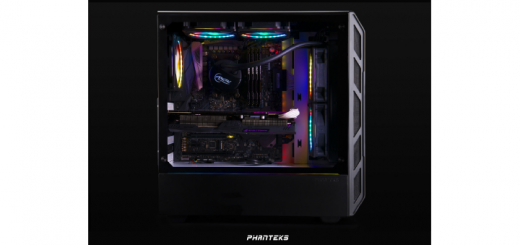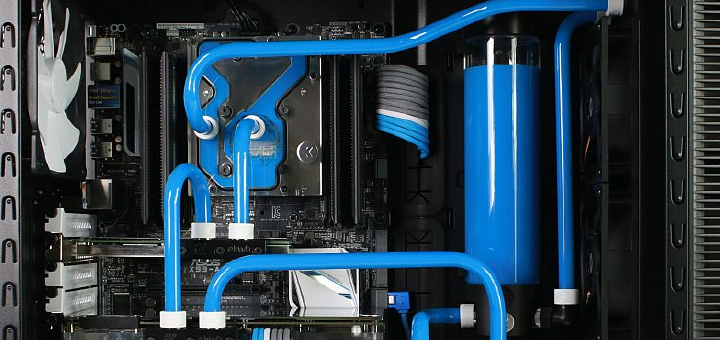
A big dilemma that a majority of computer builders face at the time of buying their system is choosing between air cooling and liquid cooling. Each of these cooling techniques has its own advantages and disadvantages.
The reason behind the dilemma is that there are many drawbacks associated with liquid cooling. It is more expensive than air cooling. Owners who liquid cool their computers have to look out for various issues such as coolant evaporation and leakages. They also have to replace their coolants and clean their system annually for maintaining the efficiency of the system.
Choosing Liquid Cooling Over Air Cooling
However, liquid coolers also come with their own advantages that offset their disadvantages in specific scenarios. Here are five scenarios where liquid cooling makes sense despite the various nuances associated with it.
Extreme Overclocking
If you love extracting the maximum performance out of your computer hardware, then liquid cooling will be worth every bit. An AIO liquid cooler or a custom loop featuring 360 or 420mm radiators will be better at dissipating heat from CPU or GPU then air cooler. Overclocking exponentially increases the heat produced by the components. The coolants used in liquid coolers transfer heat more efficiently than direct contact heat pipes of air coolers. Your system will perform at its maximum capacity, and you won’t have to worry about temperatures.
Aesthetics
A computer with AIO coolers or custom liquid loop will look cooler than a system using an air cooler. Liquid coolers and loops impart a special character to the appearance of the computer making it stand apart from the crowd. Custom loops with hardline tubing even allow you to create intricate bends and curves as per your preferences. If you want to give your system an aesthetically appealing outlook, then liquid cooling may be a good option for you.
Lower Noise Levels
While air coolers can do a decent job of keeping the temperatures of CPUs and GPUs within check, they can be noisy too. A computer that has its fans running at almost full throttle can be quite distracting. Liquid coolers also use fans on their radiators, but they can maintain the same temperatures as air coolers while running their fans at significantly lower speeds. If you are someone who doesn’t like the whirring noise of fans running at high RPMs, then liquid coolers are the way to go.
Cabinets With Restricted Air Circulation
The level of air circulation within a cabinet determines the temperature of its components. Well ventilated cabinets will keep the temperatures of components at decent levels. Computer cabinets especially the ones designed for Mini-ITX builds may have constricted air flow. Air coolers may not be able to perform as well in such cases as their efficiency depends on air circulation in the case. A CPU air cooler will remove the heat from the CPU to its surroundings from where it will be exhausted by case fans. Poor air circulation can significantly impact the performance of air coolers.
Liquid coolers, on the other hand, can perform better than their air counterparts as they dissipate heat away from the components to the exterior of the case. Their radiator fans can be positioned in exhaust configuration for transferring the heat directly outside the cabinet.
Because You Want to Try It
There are a few people who like to try out new things just for the sake of it. If you are someone who is curious about having a first-hand experience at building a liquid cooled computer system, then the only way to satisfy your curiosity is by actually building your system. You can try building a custom loop on an older system or go for an AIO for its ease of usage.
